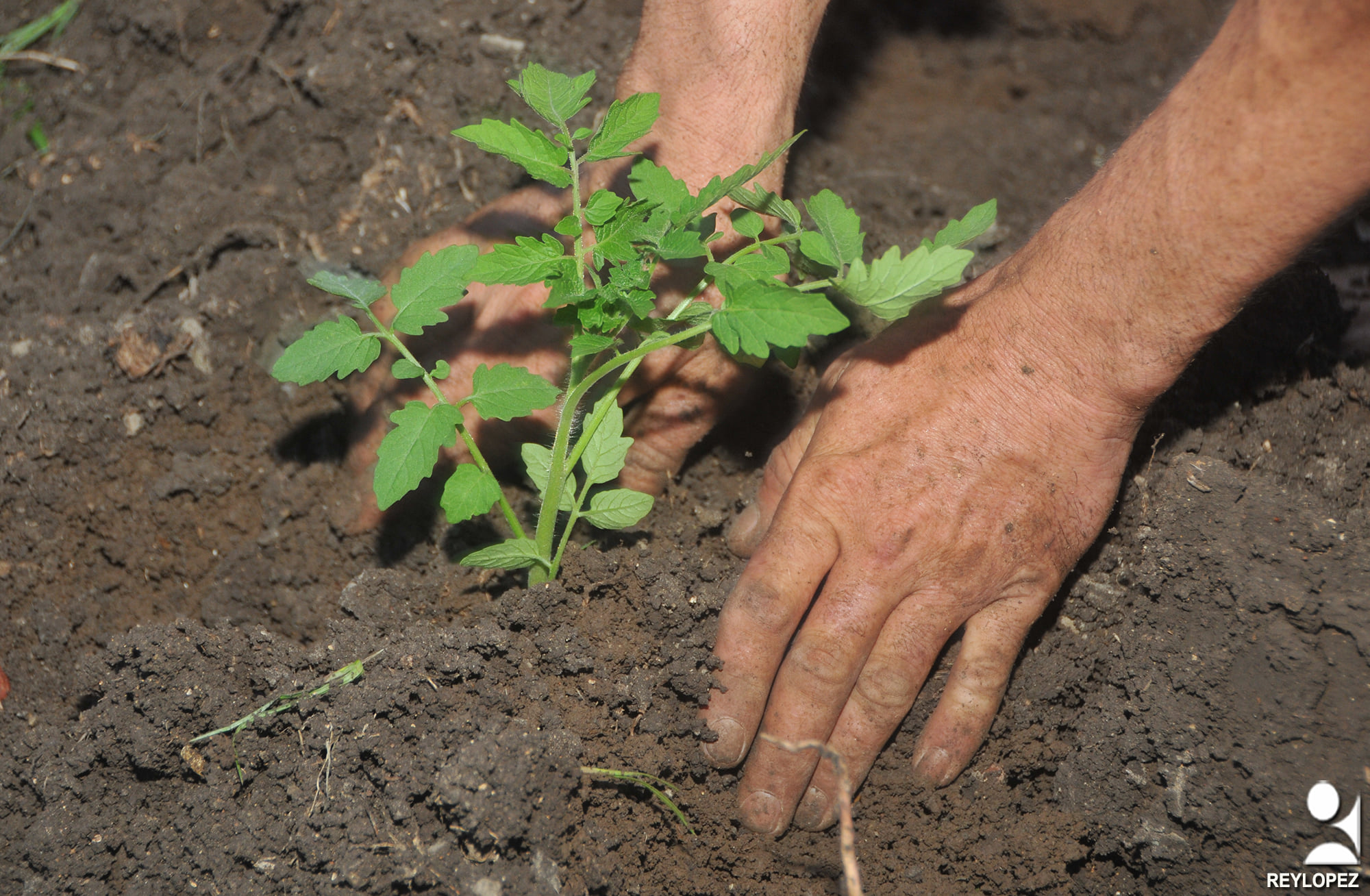
Three research projects focused on pest management and biological analysis in the agri-food system are among the priorities of the Provincial Laboratory of Plant Health in Las Tunas this year.
Las Tunas, Cuba.- Responsible for the timely diagnosis of diseases and invasive agents in agriculture, the facility carries out the reproduction and maintenance of strains of entomophagy, entomopathogens, and antagonists, as well as the benefit of protection with biological means for the crops of producers in the eight municipalities of Las Tunas.
Zenia Torres Santos, director of the entity, pointed out exclusively to the Cuban News Agency that as a line of research, there has been a project since 2023 in conjunction with the Plant Health Research Institute on the main pests, nematodes, bacteria, viruses, and fungi existing in the fields of Las Tunas and their overwhelming impact on crops.
At the same time, the specialist added, two institutional projects are included, one related to the importance of pest host plants in crops of agricultural interest and another with the bean trip,an update with integrated and agroecological pest management in search of alternatives to counteract them, with emphasis on the Megalurothrips usitatus due to its impact on production levels in recent years.
The laboratory, with 46 years of work, has benefited from the logistical support of international cooperation from the Agroecological Articulation, the Rural Cooperative Development Project in the Eastern Region (Prodecor), the assistance of the Korea International Cooperation Agency (Koica) and the Increasing Climate Resilience of Households and Rural Communities through the rehabilitation of productive landscapes (Ires) project.
Strategic areas such as agricultural toxicology for the analysis of phosphine residues from the degradation of organic matter and the chemical examination of pesticides, diagnosis, and biological control, have new microscopes, climate equipment, stereoscopes, and other components that guarantee optimal development in the application of science and technology.
Plant health in Las Tunas ensures the quality of imported and nationally produced seeds that enter Tunisian territory, guarantees phytosanitary studies on plants of economic interest, and is in charge of combating agricultural diseases; the laboratory contributes through research to the achievement of food sovereignty based on resilient and agroecological agriculture.





